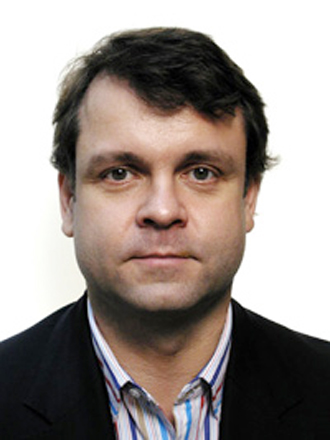Azerbaijan, Baku, June 5 / Trend, E.Ostapenko /
The decision to recall the EU special representative for South Caucasus has to be seen in the framework of reorganization of the European Union diplomatic system by combining political and economic powers in the head of the EU delegation in each country, one of European leading experts on international relations Thomas Klau believes.
"Elimination of the post EU Special Representative does not mean the deterioration of relations with this country or reduction the EU interest in the region. Such a step means the introduction of concepts, in which heads of delegations of the EU will be responsible for both economic and political aspect of relations" Klau, Head of the Paris Office ofthe European Council on Foreign Relations told Trend over telephone.
Recently, the EU foreign minister Catherine Ashton offered to recall the EU special representatives in South Caucasus and Moldova - seat of "frozen conflicts". Diplomats say that the proposal was a surprise for many the EU member states as well as for ambassadors. Now the issue is under discussion in Brussels.
Officials of the European Union and ambassadors - Peter Semneby, the EU special representative for the South Caucasus and Kalman Mizsei (Moldova) have not made statements yet.
In the case of presence of a special representative the political role of head of the EU delegation in the country is reduced, Klau said. The idea put forward by Catherine Ashton, in his view, is that the head of the EU delegation in the country to be responsible not only for the economic aspect of relations, but also to be empowered to solve political issues.
Now the EU has 11 special representatives: in Moldova, South Caucasus, Sudan, Kosovo, Macedonia, Bosnia, Central Asia, Afghanistan and the African Great Lakes region, representatives also work with countries of the African Union and the Middle East peace process participants.
According to Ashton's proposal, the post of EU special representative will be merged with the post of the head of the European Commission, and later with the post of representative of the European External Action Service (EEAS). Semneby and Mizsei's mandates expire 31, August 2010, but probably will be extended until the end of the year till the EEAS comes into force.
Klau said Brussels held the debates over whether to expand the number of special representatives, making this body the main mechanism for the European diplomacy, or vice versa, reduce the number of special representatives to a small group and use only in the case of apprehension in connection with armed conflict and destabilization of a large geographical region. Evidently, now the choice is on the first option, he said
The problem is that posts of special representatives are not well connected to the decision-making machinery in Brussels, Klau says. And the purpose of reorganizing the diplomatic structure is to create influential, well-staffed and well-connected delegations of the EU with well-established coordination with Brussels; as a result they will create the largest diplomatic services in the world.
"This is the concept that creates wonderful mechanism through which the EU will try to manage the relations with other countries better than before", Klau said.






